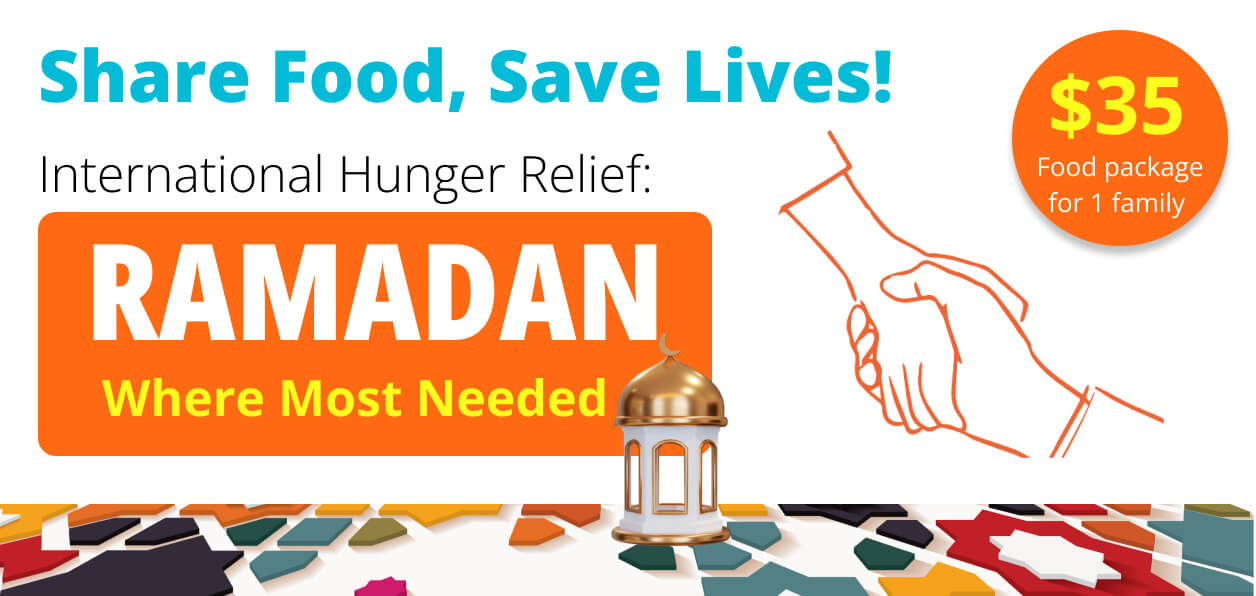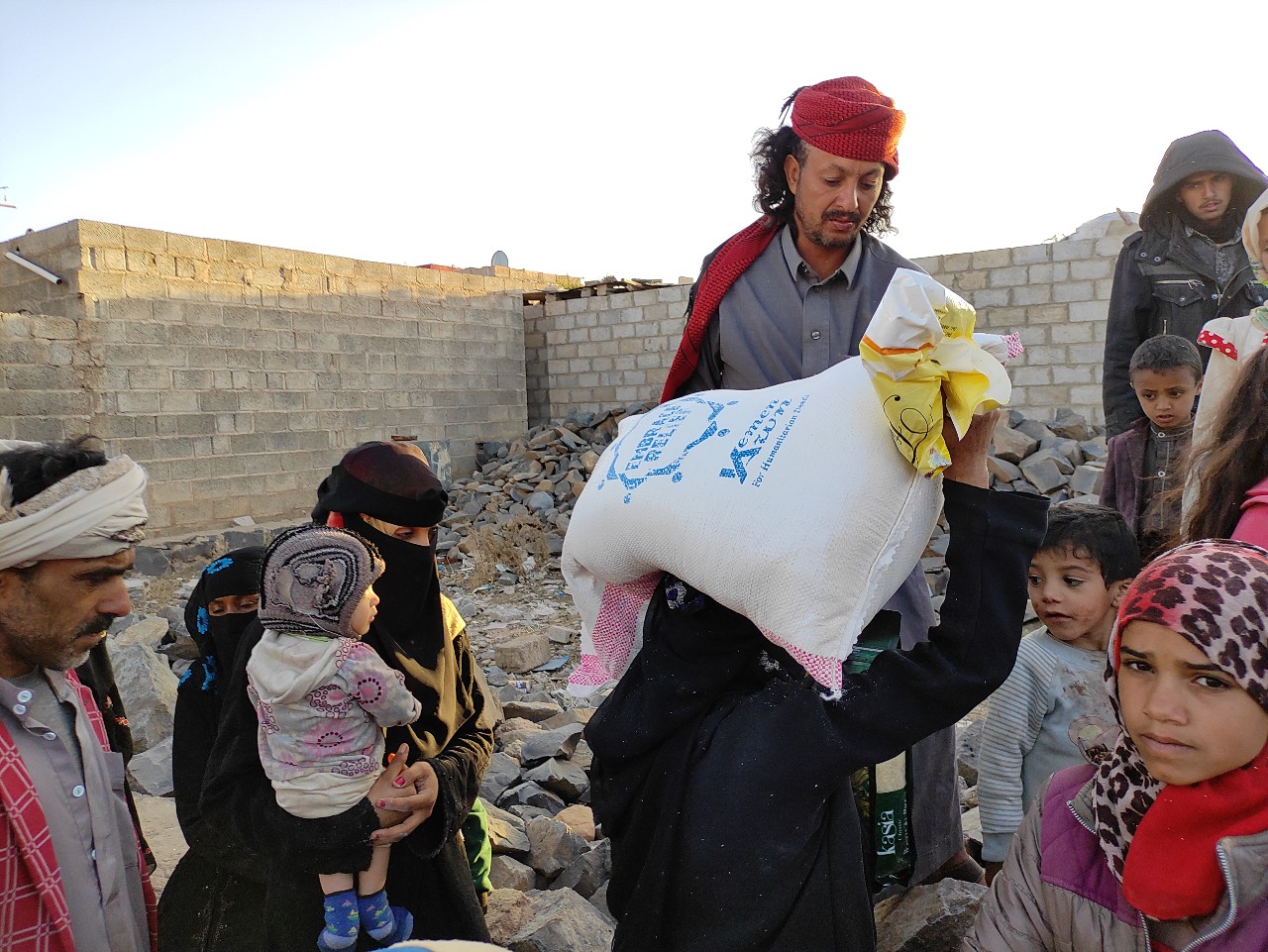Every year, more than one billion Muslims around the world observe the holy month of Ramadan, one of the most important celebrations of the year. (In 2025, Ramadan will begin at sunset on February 28, and will end at sunset on March 29).
The most well-known Ramadan tradition is the daily fast: throughout the 29 or 30 days of the month, Muslims are obliged to refrain from eating or drinking anything between the hours of sunrise and sunset.
For most people, this means an extra early wake-up call each morning. During Ramadan 2025, the sun will rise in the United States between 6:30 and 7:30 AM on most days. A modest morning meal, suhur, is typically eaten prior to this time, and the energy provided from that food and drink must last the entire day. When Ramadan occurs during the spring and summer in the northern hemisphere, that means more than 12 hours without any nourishment. The iftar (“breaking the fast”) occurs after sunset and is typically a larger meal often involving a larger family or community gathering.
The purpose of the Ramadan fast is a spiritual one, designed to promote mindfulness and a devotion to one’s faith. But there are also other positive effects!
Scientists have always taken an interest in the Ramadan fast, because so many people take part, and because it happens so regularly. Many studies have looked into the effects of the month-long fast on people’s bodies and health. And though there are positives and negatives, as there are with any diet or nutrition program, the studies do generally conclude that the Ramadan fast does have some real health benefits. Here are five ways your body reacts positively:
- Better mental health. Studies show that many people fasting during Ramadan have an increased mental clarity and stronger impulse control, and they report fewer feelings of stress, anxiety and depression. Some theorize that this is due to the brain’s ability to focus more resources on other tasks rather than digestion, or that fasting produces brain proteins that boost mental function. But no matter the reason, the effect is real and can be very noticeable.
- Better habits. Abstaining from eating during the day (and other vices, like smoking) over a relatively long period of time can be a good way to change habits. The improved impulse control caused by fasting, as well as the altered daily routines required during the observance of Ramadan, can be utilized to train your body and mind to follow healthier lifestyle practices, like eating better or quitting smoking. As the weeks pass during Ramadan, your body will become more and more used to the new routines, making for an easier transition once the month ends.
- Lower cholesterol. Cardiologists who have studied Ramadan observants have found that the month-long fast results in lower cholesterol levels. Cutting down on foods high in saturated fats and cholesterol – like many kinds of cheeses, milk and other dairy products, processed meats or fast food – can have big health benefits, especially if this becomes a regular routine. Lower cholesterol significantly lowers your risk for a heart attack, heart disease, or a stroke.
- Weight loss. Many people lose weight during Ramadan simply from a reduction in the number of calories consumed per day. A daylong fast can result in your stomach shrinking in size, reducing the amount of food it takes for your body to feel full, and reducing the amount of food you can eat even after breaking the fast. Of course, this effect is temporary once Ramadan ends and people return to their previous eating habits. If weight loss is something that will benefit you, be sure to eat healthy and mindfully once your fast is over.
- Detoxification. When your body needs energy and you’ve gone almost a full day without eating, it will start burning your fat reserves, including any toxins that might be present. Fasting is also thought to stimulate a process of self-cleaning in the lining of your stomach, which removes damaged or dead particles.
One other benefit of the Ramadan fast is the sense of empathy it instills towards people who do not get to choose whether and when they will eat on a given day. This is a time of year when many people can understand firsthand the struggle and pain of an empty stomach. And unfortunately, hunger can be found in every corner of our planet.
At Embrace Relief, we’ve made it a core part of our mission to deliver food to people in more than 50 countries worldwide, thanks to the support of people like you. If you have the ability, there’s never a bad time to provide a charitable donation that will make a real impact in people’s lives. But this month of reflection, empathy and charity is an especially good time to do so!
Help feed people in need with Embrace Relief
All it takes to make a powerful impact this Ramadan is a donation to Embrace Relief’s International Hunger Relief: Ramadan 2025 campaign. Every dollar you donate will help us provide nutritious food packages to those who need it most – whether they live in Tanzania, Mali, Yemen, Indonesia, Greece, the United States, or any of the other countries where Embrace Relief works to provide much-needed aid.
During last year’s International Hunger Relief: Ramadan campaign, thanks to the generosity of donors like you, Embrace Relief was able to distribute food to more than 68,000 people in 21 countries spanning 5 continents. In 2025, we want to make an even greater impact – but we need your help to do it!
When you give to Embrace Relief this Ramadan, you will make a powerful difference in the life of a vulnerable family. Just $35 can provide a family of five with enough food for a full week, so don’t delay! Donate today by clicking here, or by using the form below and help Embrace Relief share nutritious food with our friends around the globe.






















